News & Media
When education is neglected, there can be no progress
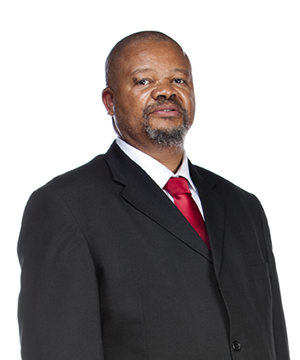
Prof MS Makhanya, Principal and Vice-Chancellor, Unisa
When we take a brief look at the history of education, we know that it did not evolve as an end in itself, but as a means to addressing some societal problems such as illiteracy. Our forefathers and foremothers had the wisdom to recognise that when people are empowered through education, society will begin to witness a new dawn, and, inevitably, see immense growth. As the United Nations Development Programme (UNDP) states, education is a "critical invasive instrument for bringing about social, economic, and political inclusion of people".
This is because education provides a foundation for development in any nation. It lays the foundation that serves as a springboard from which a nation can build its economic and social wellbeing. Education has an impact on all aspects of life and gives a clear sense of purpose and meaning to the world. Hence, social development is predicated on access to education and until we achieve universal access to education, social development cannot be fully achieved.
Taking ownership
Over the years, in our eagerness to educate the future generations, I believe we have neglected certain aspects of the education system in South Africa. As civil society, we have surrendered the responsibility of education wholly to the government. While it is the role of government to create an enabling environment for education to thrive, the responsibility does not lie solely with them. It also lies with the private sector and society at large.
The tragedy in the failures of the education sector is partly because as communities and civil society, we have chosen to absolve ourselves of the responsibility of being custodians over our young people’s education. We have outsourced our own responsibilities and have taken the decision not to take ownership of the education and the investment into our young people. I believe that we need to wake up to the fact that government cannot be expected to operate in a silo.
A unified civil society working hand in hand with government can transform the education sector significantly. Government already has a litany of demands to service with a limited fiscus and this necessitates collaboration with communities and the private sector. Partnership is truly the new necessity for education and the only way to accelerate progress and make an impact. The education sector only can succeed if we all work together, take ownership, and invest in the education of future generations.
Back to basics
When I look at our society’s older generations, I am reminded that many did not have the opportunity to receive formal education or have a career. However, despite these challenges, they attached so much value in the importance of education to a point where the next generations reaped the benefits. Today, many first-generation scholars will tell you that their parents, despite not having the opportunity to study, instilled in them an appreciation for the value of education, and this helped them immensely. I believe that as a nation, we need to get back to the basics of understanding and appreciating the value that education brings. We need to reassess our systems and begin to plug those gaps as civil society.
Producing complete and adaptable graduates
At Unisa, our mission is to produce complete and adaptable graduates who are grounded and exceptional in what they do. In our academic programmes, we ensure that our courses respond to the developmental trajectory of this nation and our continent.
We also offer courses that have sustainable development at their core to assist students to prioritise the advancement of society. We want our students to contribute meaningfully to their communities and the economy at large. Our end goal is that our graduates are first in line in getting opportunities as a result of the education that they have acquired at Unisa. The nature of our teaching and upskilling produces graduates who are resilient, proactive, independent, competitive, and most importantly, problem-solving critical thinkers.
This is to enable them to have access to unique opportunities that showcase their resilience while fuelling economic growth. There is no doubt that education plays a major role in the economic development of any country, whether it is a developing or developed nation. Furthermore, no country can achieve sustainable economic development without substantial investment in human capital.
Today, I am certain that if we ensure that young people understand that the development trajectory of the country is dependent on their efforts to get educated and grow, we will achieve sustainable development as guided by the National Development Plan (NDP).
After all, education is the weapon that enriches people’s understanding of themselves and the world and beyond that, leads to massive societal benefits.
As a sector, I believe that we should prioritise innovation, research, and learning, and provide lasting solutions that serve our communities and move the needle on social issues. This should be our mandate because when education is neglected, there can be no progress.
* By Mandla S Makhanya, Principal and Vice-Chancellor, Unisa
Publish date: 2020-09-24 00:00:00.0


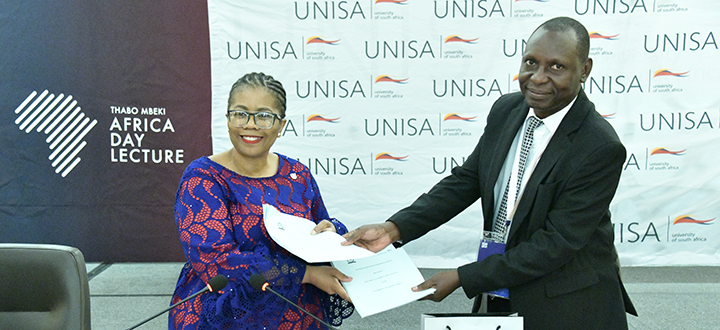 Unisa partners with leading Tanzanian universities to advance African higher education
Unisa partners with leading Tanzanian universities to advance African higher education
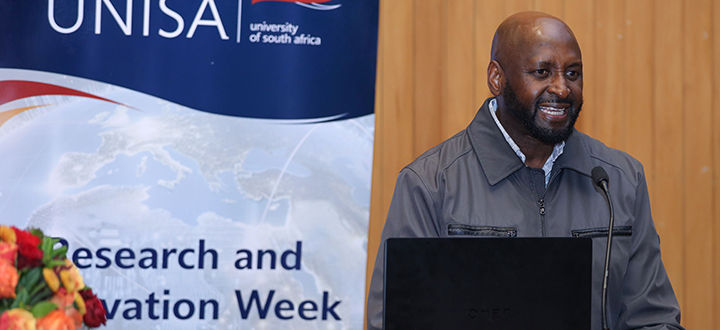 Research with impact – moving beyond bean-counting
Research with impact – moving beyond bean-counting
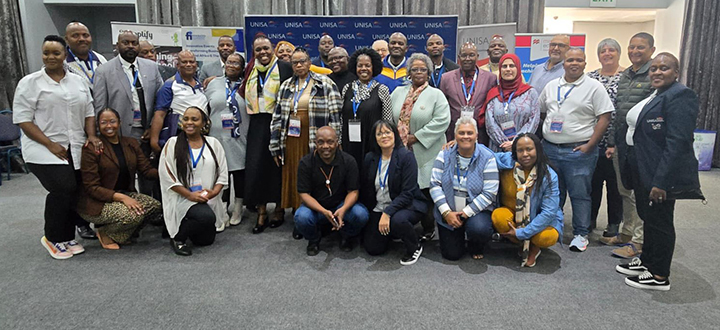 Exploring resources to mitigate the digital divide in rural areas
Exploring resources to mitigate the digital divide in rural areas
 Unisan in the home straight at the NSTF-South32 Awards
Unisan in the home straight at the NSTF-South32 Awards
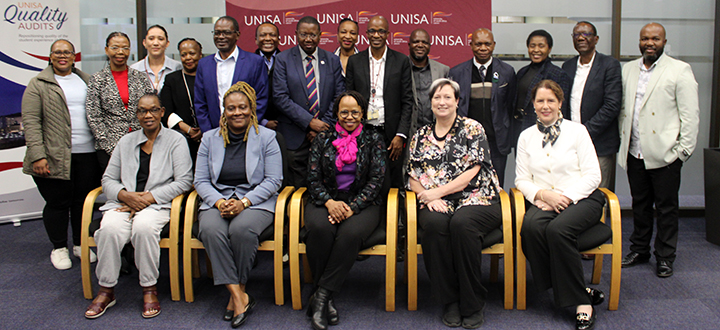 Unisa LIS reflect on successful 2025 external peer review
Unisa LIS reflect on successful 2025 external peer review